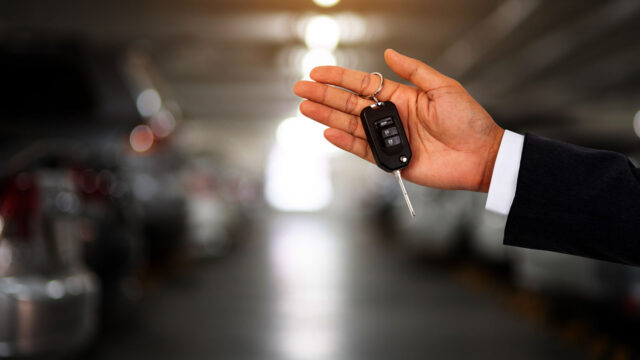Why your dream of owning a car is becoming more elusive
The cost of new vehicles continue to rise globally due to the increased cost of production, and Kenya has not been left out.

Is owning a car one of your lifelong dreams?
It is for many, and sadly, it may still be out of reach.
More and more Kenyans are being priced out of the second-hand car market as their cost continue to shoot up.
Other than the cost of the car itself, the maintenance, fuel, insurance, and repair costs, additional factors like the cost of production and increased duty on shipping cars have made people’s dream of owning a car more unattainable.
The cost of new vehicles has also continued to rise globally due to the increased cost of production, and Kenya has not been left out.
The increased cost of production coupled with a new 35 per cent import duty implemented in 2023 has seen the cost of new vehicles increase.
The Kenya Revenue Authority (KRA) increased duty on imported cars to 35 per cent from the previous 25 per cent.
The rise in import taxes has also seen the other taxes paid for by car buyers increase, that is, excise duty and value-added tax (VAT), further pushing up the cost of cars.
Normally, a change in import duty impacts the excise and VAT charges as the value is put together for taxation purposes, including insurance and freight (CIF) charges as well as import declaration fees and railway development levy, which are charged separately for the customs value.
Excise tax is charged on the sum of the landed cost of the car and import duty, with VAT applied to the resultant value.
Besides taxes, fully assembled vehicles shipped from abroad are also charged import declaration fees and railway development levies at the rates of 2.5 per cent and 1.5 per cent of the customs value, respectively.
All these taxes combined, plus the actual cost of the car going up, have increased the total cost of cars.
Considering the cost of new vehicles has gone up globally, this also translates to imported second-hand vehicles.
The cost of insurance has also gone up. In 2022, most underwriters raised their premiums due to a surge in claims.
According to the Insurance Regulatory Authority (IRA) 2022 report, insurers’ gross premiums from motor underwriting rose by 14.1 per cent in 2022 to KSh53.9 billion as the companies increased the insurance premium costs to shield themselves from losses in the insurance class.
Another component of owning a car is fuel. The cost of fuel has also continued to rise in the country.
In September 2023, fuel prices crossed the KSh200 mark for the first time in Kenya’s history.
The hike was not exclusive to Kenya; it was global. This is because the weighted average cost of all oil imports had been fluctuating over the past 12 months to September 2023, standing at $774.67 per cubic metre for Super petrol in August.
The weighted landed cost for Diesel increased by 12.52 per cent to $789.89 over the same period, while Kerosene witnessed a 19.79 per cent increase to $827.26.
The Russian-Ukraine war, which resulted in sanctions being placed on Russian oil and Russian ships, also disrupted the petroleum demand-supply balance, resulting in a sharp spike in oil prices during that period.
Currently, diesel is retailing at KSh195.47 per litre, while super petrol is retailing at Sh206.36 per litre.
Conclusion
The dream of owning a car in Kenya is becoming more elusive due to a combination of factors, but even as these costs continue to rise, with good financial planning, you can still be able to achieve your dream of owning a car.
